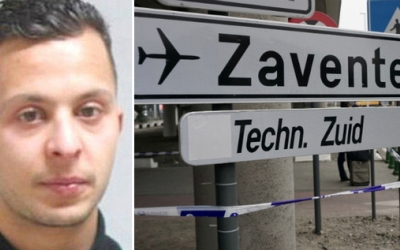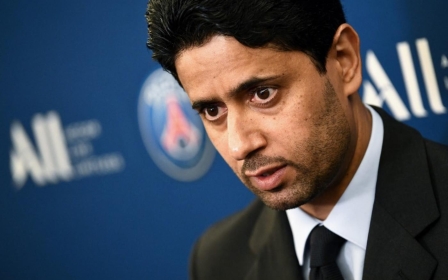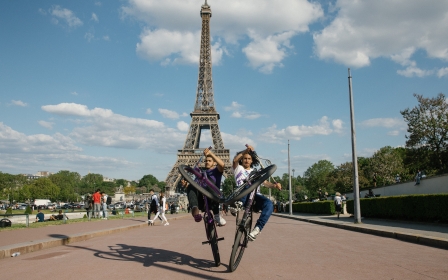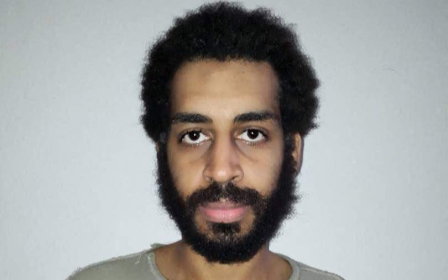Paris attacks: Trial begins of suspects in 2015 Islamic State killings
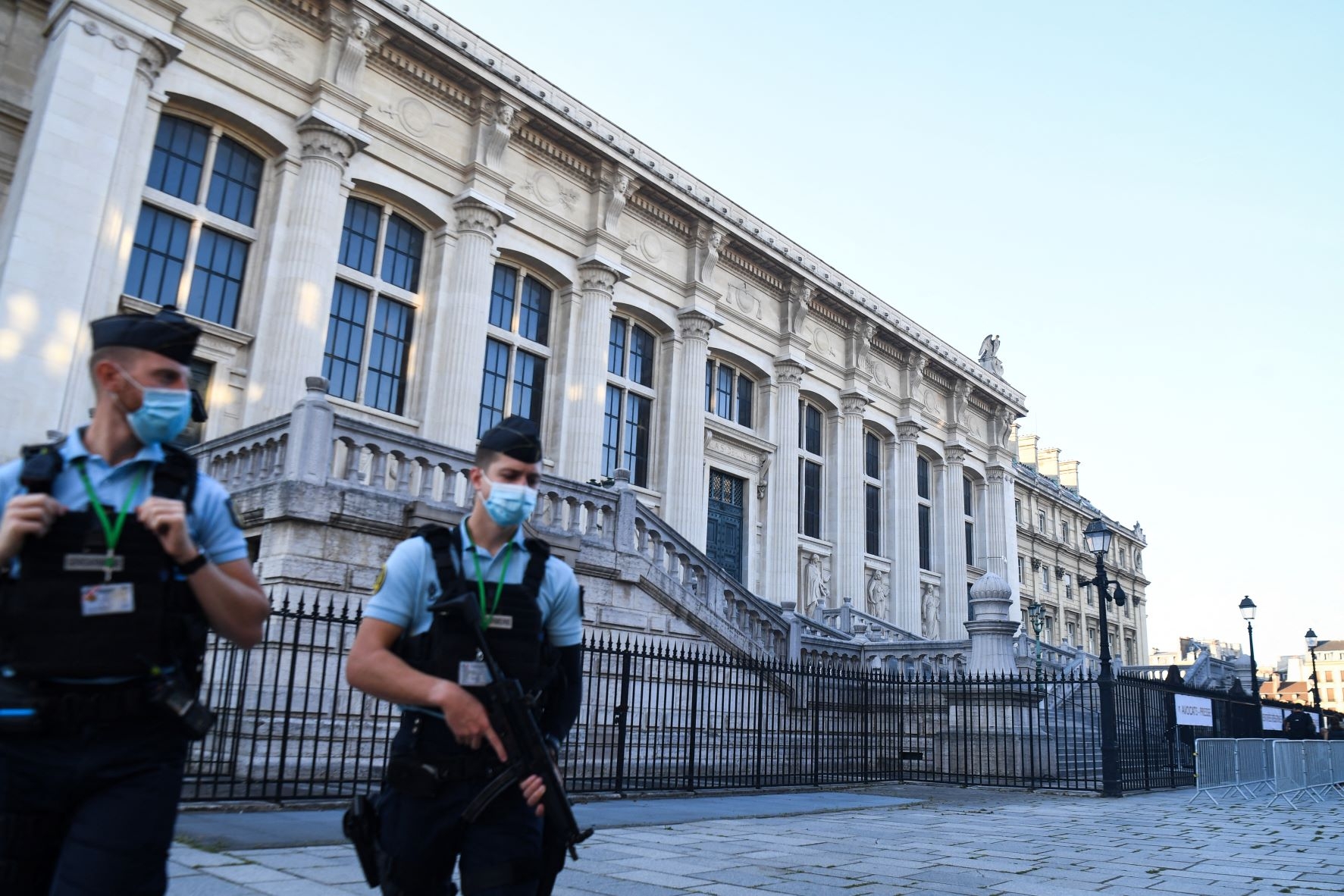
A trial that has been described as the biggest in France's history opened on Wednesday as those suspected of involvement in the November 2015 Paris attacks that saw 130 people killed prepared to face judgement.
At least nine months of hearings are expected into the militant attacks, the worse in post-war France, which were claimed by the Islamic State (IS) group as retaliation for the country's involvement in striking the militant group in Iraq and Syria.
Only one of those accused of being involved in carrying out the attacks, Belgium-born Salah Abdeslam, is still alive to take part in the trial, though a further 13 defendants will also be in the dock.
Arriving in court on Wednesday, Abdeslam declared told attendees that he was a "soldier of Islamic State".
Another six are being tried in absentia. Twelve of the 20 people on trial - including Abdeslam - face life sentences if convicted.
New MEE newsletter: Jerusalem Dispatch
Sign up to get the latest insights and analysis on Israel-Palestine, alongside Turkey Unpacked and other MEE newsletters
The 2015 attack was planned in Syria - much of which was then still held by IS - and saw a suicide bombing and gun assault by three groups of militants on a series of bars and restaurants, as well as a concert by the Eagles of Death Metal at the Bataclan music venue.
The impact of the attacks on French society is still heavily felt and security has been beefed up around the purpose-built facility in central Paris where the trial is taking place.
"The terrorist threat in France is particularly high. And clearly, during trials over terrorist attacks, the threat is even higher," Interior Minister Gerald Darmanin told French radio, adding that around 1,000 police would be on duty.
Uncooperative suspect
The 31-year old Abdesalam - a Belgium citizen who also holds French and Moroccan nationality - was captured in Brussels four months after fleeing the scene of the attacks and abandoning his defective suicide belt.
He has largely refused to cooperate with the French investigation and was mostly silent throughout a trial in Belgium in 2018.
Abdeslam was taken by convoy from the Fleury-Merogis prison outside Paris where he is being held, to attend the trial, which is set to analyse how a group of IS militants were able to enter France without detection and carry out the attack.
Among the 14 accused expected to appear in court is Swedish-born Osama Krayem, who has been identified by Belgian investigators as one of the killers of Jordanian pilot Muath al-Kasasbeh.
Kasabeh was burnt alive in a cage by IS in 2015 after his capture in Syria. A video of the killing posted by the militant group provoked fury and protests in Jordan, leading King Abdullah to order a series of air strikes against IS targets.
Belgian national Abdelhamid Abaaoud, allegedly the coordinator of the Paris attacks, was shot dead by French police northeast of Paris five days after the attacks.
Five of those being tried in absentia are presumed to be dead, largely as a result of air strikes in Syria.
Survivors and relatives of the victims will be among those testifying during the trial.
Around 300 of them will begin giving their testimony on 28 September, after the initial and mostly procedural aspects of the trial are over.
"It is important that the victims can bear witness, can tell the perpetrators, the suspects who are on the stand, about the pain," Philippe Duperron, whose 30-year-old son Thomas was among those killed and who is head of the victims' association, told Reuters.
"We are also awaiting anxiously because we know that as this trial takes place the pain, the events, everything will come back to the surface."
Middle East Eye delivers independent and unrivalled coverage and analysis of the Middle East, North Africa and beyond. To learn more about republishing this content and the associated fees, please fill out this form. More about MEE can be found here.


